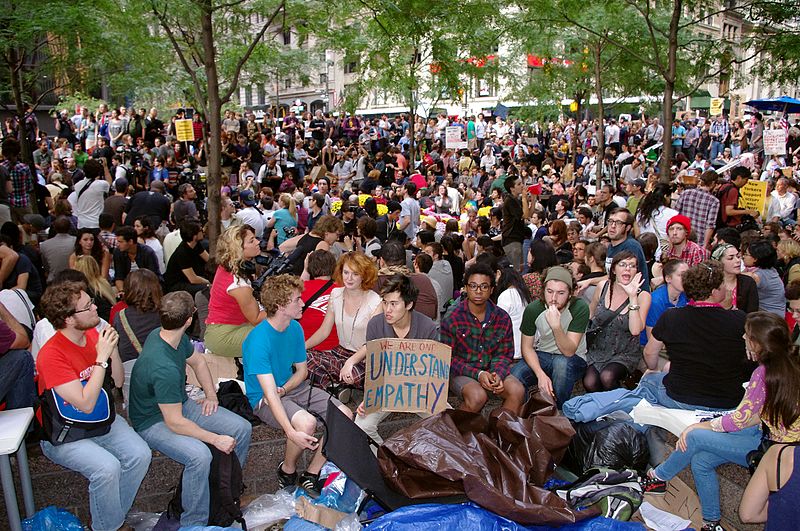I came to the United States of America 10 months ago for the U.S. State Department’s Hubert H. Humphrey Fellowship Program. Before I left Indonesia, some of my friends told me to find a permanent job in the United States or give birth to a child here. Why? To have an opportunity for me or my child to reach the American dream, they said.
The American dream is an international dream. Those who grew up watching Hollywood movies would know about this. Theoretically at least, anyone who comes to the U.S., or any American citizen, regardless of his or her race, religion or beliefs, can reach the dream as long as he or she works hard. Those who fail, despite the ample opportunity that this system provides, did not work hard enough or did things like abusing drugs or alcohol, they say.
In reality, things are more complex. And I have learned about this thanks to my professional affiliation with Street Sense.
Not many people realize this, however. On the surface, the problems of homelessness and poverty in the U.S. are seemingly simple: Poor people just did not try hard enough. It’s good enough that they get charity from taxpayers and generous Americans, and there is nothing wrong with the system.
But if one looks deeper, the system is unfair; it doesn’t provide a level-playing field. People make mistakes, but if you are an African American born and raised in a poor neighborhood in Washington, D.C., one mistake is enough to get you in a downward spiral and a rapid one. Life can be unforgiving for some Americans.
The United States forgave Bristol Palin for her “mistake” of becoming a single mother when she was 18. She is now famous and a campaigner for teenage pregnancy prevention. America is not as forgiving to Javis Wills of Barry Farm, Anacostia, who became a single mother when she was 17 years old. She and her now 4-year-old daughter live on $270 a month from government aid, and she has yet to find a job or funds to go to college despite finishing high school with a grade point average of 3.83.
I came here when the Occupy movement was rising. I feel lucky that I am among the witnesses of change in the U.S.. More Americans realize that there is something wrong with the system because too many people fail.
It’s been months since I last heard of any significant news about the Occupy movement. Nevertheless, I believe that many Americans have changed their perspectives on social justice. I hope that someday fewer Americans will rush in their judgments about poor people. I hope that more Americans will follow the steps of those who regularly buy Street Sense. And I hope that America will take to the streets again and force the powerful people to listen to them: Fix the system that gives too much opportunity to the rich people and not enough to the poor or even to the middle class.
I’m saying goodbye to the United States and Street Sense, where Mary Otto, Eric Falquero, Allen Hoorn, Brian Carome and volunteers like Roberta and Brandon dedicate a large part of their lives to helping homeless people in D.C. These people have given me a precious lesson and inspiration for helping people like Street Sense vendors, who in turn teach me about resilience, the fighting spirit and the “audacity of hope.”
I will bring the inspiration that comes from your good hearts to Indonesia, where 100 million people live on less than $2 a day.




